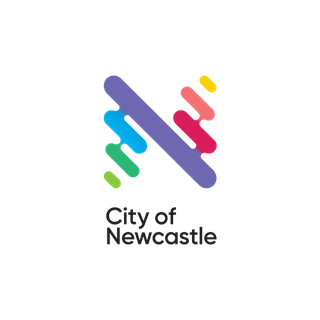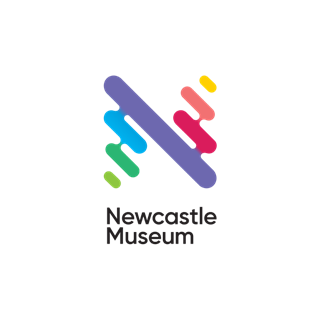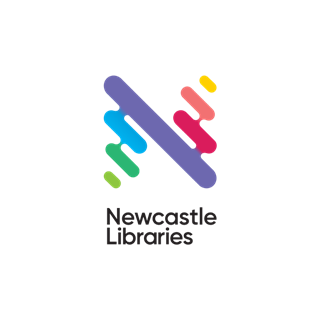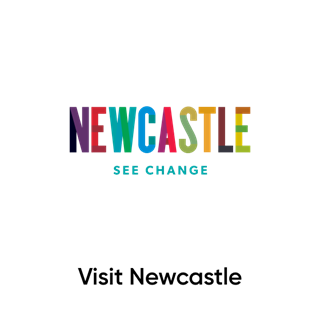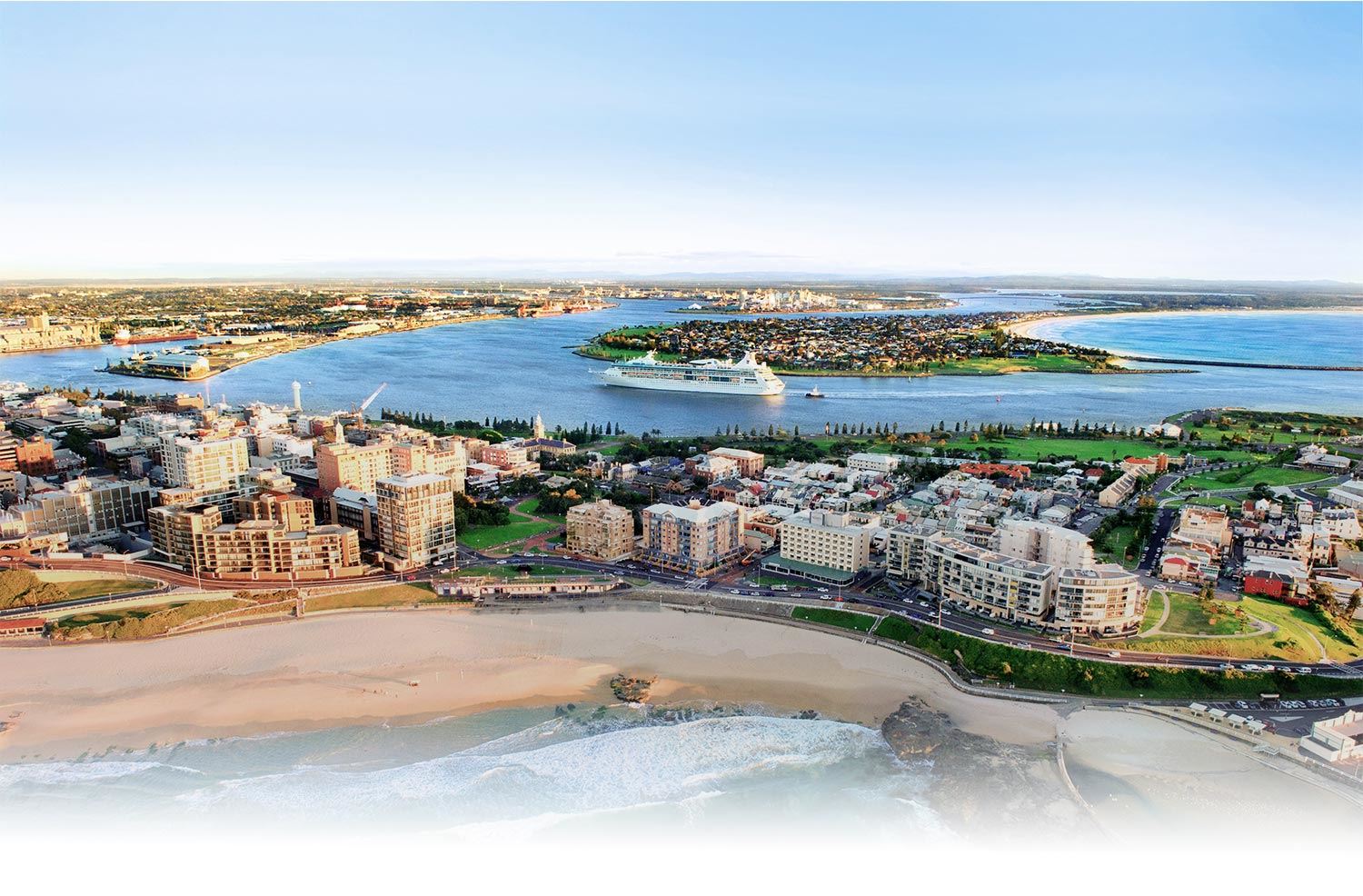
City Taskforce Update 4 December
08 Dec 2020
The City Taskforce, a collaboration of 17 leading organisations and employers, chaired by Lord Mayor Nuatali Nelmes of the City of Newcastle, held its ninth and final meeting today, face-to-face at City of Newcastle’s City Administration Centre in Newcastle West. The Taskforce was formed as part of the City’s immediate response to the COVID-19 crisis, to chart the City’s path to community and economic recovery. City leaders focused their discussion on the Taskforce’s achievements and outcomes over the past eight months, including proactive, united leadership and cross-sector collaboration, tangible local solutions, and joint advocacy for those hardest impacted by the pandemic. As was custom at City Taskforce meetings, leaders received an economic briefing from the Hunter Research Foundation Centre, as well as presentations by two of the successful grant recipients under the City of Newcastle’s Industry Response Program.
Hunter economic outlook steady
Between September and October, the Hunter labour market remained steady, complemented by the addition of 54,000 jobs state-wide since August. However, the labour market is down 11.5% year-on-year from October 2019 to October 2020, demonstrating the staggering impacts of the COVID-19 pandemic. The Hunter youth unemployment rate, which sits at 22.3%, highlights the disproportionate impacts on young people. Household spending and consumer confidence has improved, with the GDP rebounding from a 7% drop in the June quarter to a 3.3% rise in the September quarter.
Economic Development Strategy update
The Taskforce received an update on engagement for the City of Newcastle’s Economic Development Strategy, the draft of which will be presented to Council in February 2021. The Strategy will play a critical role in guiding the city’s COVID-19 economic recovery, with an emphasis on skills development and talent attraction and retention to the region. Young people have provided an important voice in the conversation, with the City partnering with TAFE NSW Newcastle, Hunternet and Hunter Young Professionals to directly engage with young people and facilitate discussion through workshops.
Industry Response Program: Hometown Holiday and Multi-Arts Activation
City leaders heard of the positive outcomes of the City of Newcastle’s Industry Response Program for two grant recipients: Hometown Holiday and Multi-Arts Activation.
Hometown Holiday, a joint initiative of the University of Newcastle and City of Newcastle, launched in mid-November. The project incentivises Newcastle residents to holiday here and to engage with the city as a tourism destination, exploring local experiences and products and injecting much-needed cash to the local economy. As a result, 2,455 competition entries to win one of 100, $500 vouchers redeemable at more than 70 participating businesses were received within the first two weeks.
The Multi-Arts Activation, led by Hunter Writers Centre, identified early that the arts and culture sector was one of the hardest hit by the pandemic, particularly vulnerable communities such as Indigenous and LGBTQI people. The project is spearheading the activation of the cottages atop Nobbys Headland, in collaboration with Local and State Government, to create spaces to engage the city’s artists, makers and creators and welcome members of the public to support the visitor economy.
Key achievements of the City Taskforce
The Taskforce’s final meeting offered an opportunity for leaders to reflect on the successes and achievements of the landmark collaboration, including:
- Advocacy – Five Newcastle Responses were developed and co-signed by City Taskforce members and presented to key State and Federal Government representatives, with more than 30 responses and engagements received in reply. At the second Taskforce meeting, members unanimously endorsed regional infrastructure priorities for the Hunter, which went on to form the basis of further policy advocacy.
- Direct Industry Response – City of Newcastle distributed $500,000 in Industry Response Program grants, targeted at the hardest-hit industries and population groups, supporting city-shaping projects in tourism, the arts, live music and small business. The grants were five times oversubscribed, illustrating the local demand and willingness of the Newcastle community to collaborate. Some organisations also received alternate funding through the Special Business Rates program.
- Youth Employment Charter – City Taskforce organisations, and others from across the city, signed the Greater Newcastle Youth Employment Charter, pledging to support and prioritise young people’s skills development and career progression.
- City Engagement – More than 70 organisations and their leaders directly contributed to the City’s COVID-19 response through a range of forums held to inform the City Taskforce’s work streams. Hundreds more were indirectly engaged through communications from member organisations, such as the Hunter Business Chamber and Hunternet.
- New Approach to Collaboration – The City Taskforce demonstrated a new action-orientated approach to collaboration. This provides a framework for future collaboration.
- Newcastle’s City Taskforce model was replicated in various forms in Geelong and Ipswich.
City Taskforce Evaluation
An evaluation of the City Taskforce, conducted by the Hunter Research Foundation, produced positive feedback overall from city leaders, who were supportive of the joint advocacy and strategic alignment the Taskforce enabled. Many praised the City of Newcastle for being among the first movers in Local Government across the country to respond to the COVID-19 pandemic.
Strengths identified included proactive, united leadership and cross-sector collaboration, tangible local solutions, and a vehicle for advocacy. Weaknesses included differences in communication style and mixed views about short and long-term goals. This is consistent with the Taskforce framework, the goal of which is to tackle specific, time critical and often complex issues.
Less formal, spin-off collaboration outside of City Taskforce meetings was and continues to produce meaningful, organic action and preserve collegiality, which will form part of the Taskforce’s legacy.
Handover to the City of Newcastle’s Strategy and Innovation Committee
Established with a sunset clause, the City Taskforce dissolved at the conclusion of the meeting, having successfully navigated for the City the immediate economic crisis imposed by the COVID-19 pandemic and providing a platform for further, ongoing collaboration. Chair of the City’s standing Strategy and Innovation Committee, Deputy Lord Mayor Councillor Declan Clausen, joined the meeting for the official handover of the Taskforce’s work streams, which will be integrated with the committee to continue collaborative action.
Acknowledgement of contribution to City Taskforce
Lord Mayor Nuatali Nelmes thanked each member and organisation for their contribution and representation on the City Taskforce, recognising the collaboration and unified approach that has resulted in strong advocacy and immediate action for those most disadvantaged both economically and socially, noting the strength of City of Newcastle’s officers in supporting the work streams of the taskforce.
Find out more about the City Taskforce - Industry Representation.



